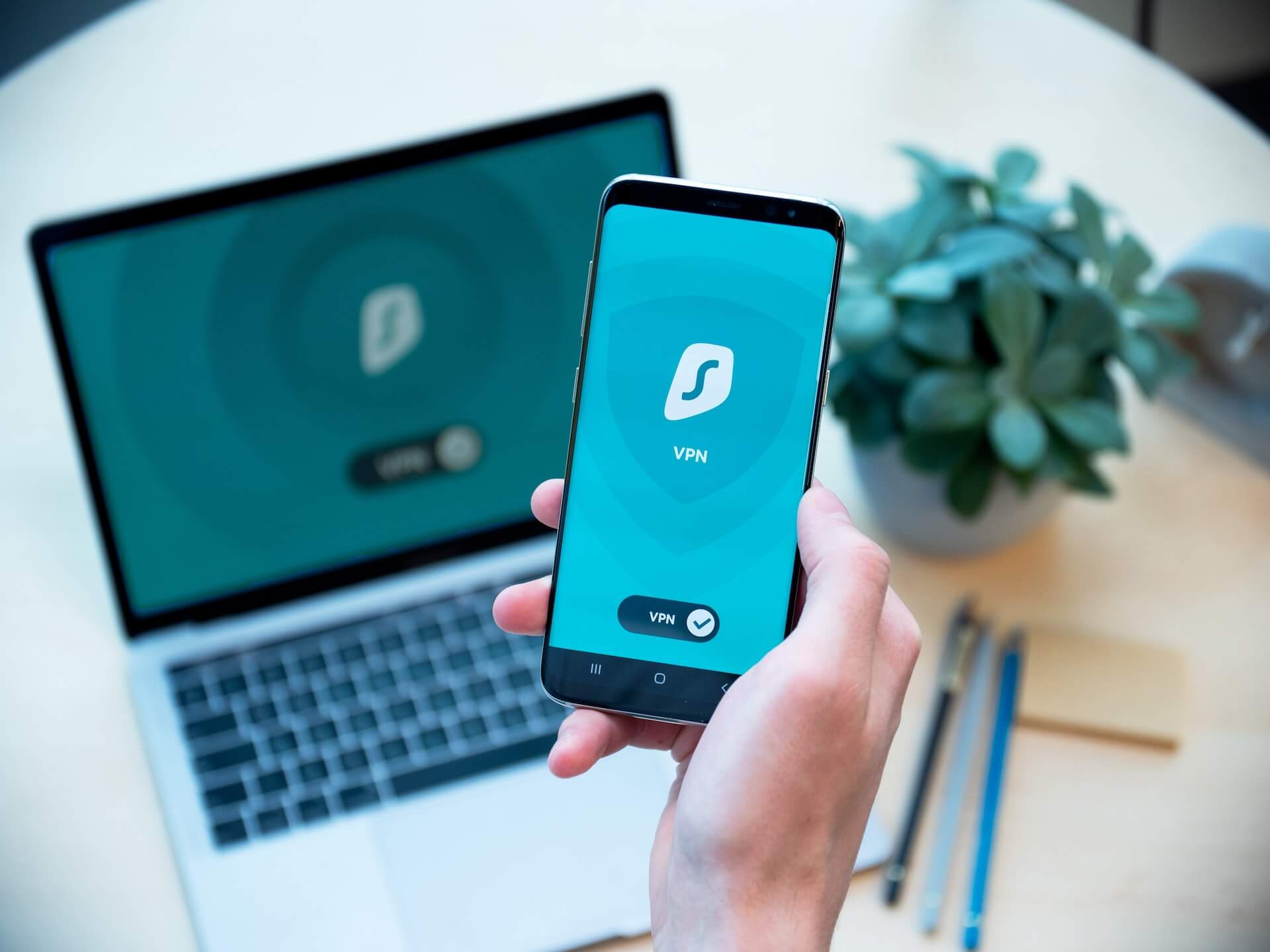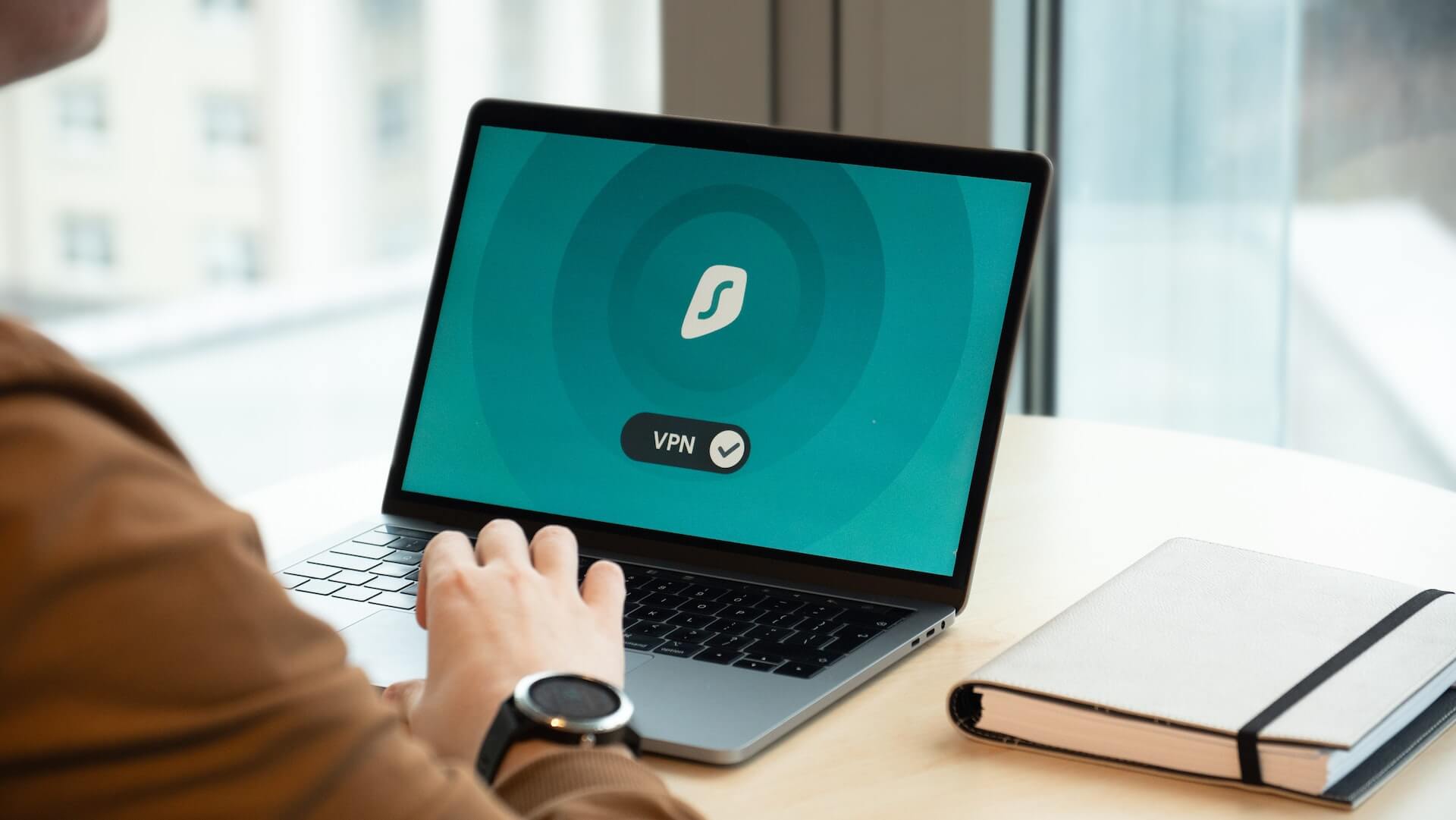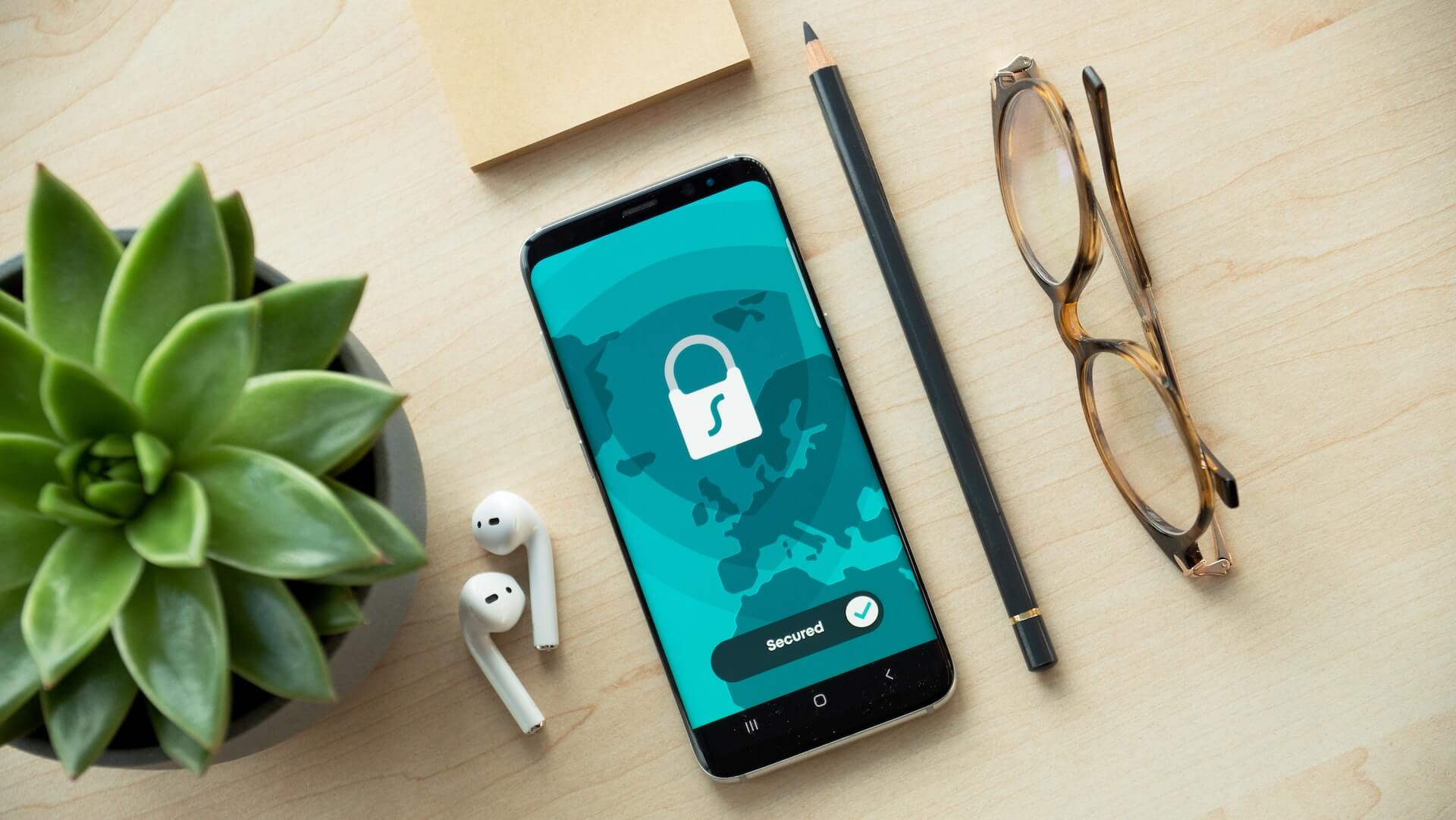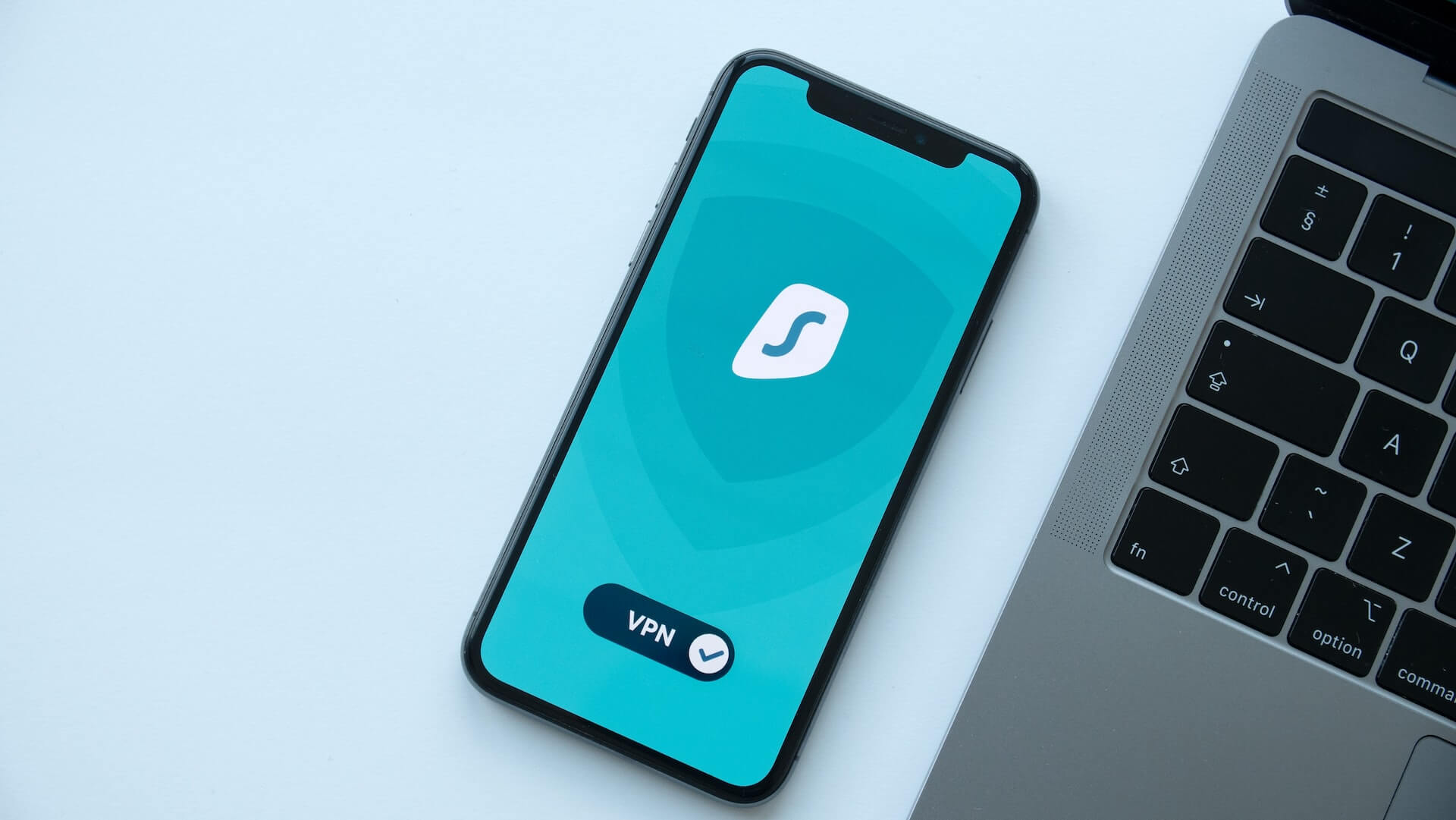
What is VPN and what can it be important to your blog readers
It’s known that the internet is not the most secure place to be at. When surfing the web, there are several dangers to be aware of. Certainly, you should be concerned about a wide range of potential privacy violations, data thefts, and so on.
Adding to that, your internet provider may simply sell your browser history with no repercussions. People are increasingly seeking for techniques to totally filter off or at least limit these malicious attempts.
One of the various things you can use to solve this issue is by using a VPN (virtual private network). When you notice this phrase in numerous different publications and blogs, you must be wondering what VPN is and what it can do for you.
So, what does a VPN do?
When you browse other websites, you may reroute your internet traffic to hide the location of your phone, computer, or other devices. And all that can be done with the help of a virtual private network.
It’s a powerful tool that encrypts any data you send across the internet, rendering it absolutely unintelligible to third parties, even your own internet service provider (ISP), who may be attempting to steal your data by interfering with your internet traffic.

Your internet service provider may disclose your browsing history with the government, police, advertisements, or basically anyone who pays them to do it. Although it is not always the internet provider that steals your information, they are nonetheless vulnerable to hacking assaults and can be used by hackers to access your data. So, they might even do it accidentally.
Of course, utilizing a VPN as infallible security is not the ideal answer because the VPN firm has access to your browsing history and internet data even if your provider and others are barred from intercepting your traffic. This implies that your data, from personal information to passwords and credit card details, is still in danger. So, What is VPN?
And what kind of a job does a VPN do to keep your data safe and sound?
It varies. When it comes to choosing the best VPN that will fit you like a glove while also giving you an adequate security system for you to wander the internet worry-free, it is essential to conduct your homework. That’s because some dishonest characters can easily utilize your information in a malicious way.
So, be sure to keep extra attention and read the terms and conditions of the VPN provider carefully. If their name is held in high regard and they are known to have been in the business for some time, they are probably a good pick.
Things that not even a VPN can take care of
VPNs are literally designed to minimize the likelihood of your data and personal information being stolen. However, VPNs are not and will never be comprehensive anti-virus applications. That means VPNs, in a nutshell, do not by any means keep you safe from spyware, trojans, malware, and phishing.

They do, however, protect your browsing history and IP address, among other things. But, if you want to be secure on all fronts, better get a functional and all-encompassing anti-virus program, too.
How to pick the VPN that is right for you
The qualities listed below should be present in a solid, trustworthy VPN:
– The first thing it should do is disguise your IP address from anyone who isn’t you or your VPN provider by encrypting it
– The second thing is, it must encrypt cookies as well as your browsing and search histories. A VPN stops the leak of your financial and personal information by hiding your cookies
– Additionally, a good VPN should give you a choice to turn off your chosen programs in order to reduce the possibility of a data breach in the event that your VPN connection should somehow fail
– Lastly, it should have multifactor authentication included in its list of features. This nifty tool requires you to enter a password and then prove that it’s actually you via a code given to your mobile device. It’s a great security check and it makes sure your connection is even safer from any and every outside interference.
Various VPNs
Although there are many different varieties of VPNs, there are just three primary ones we can talk about:
VPNs for remote access provide you access to a private network while connecting you to a remote server. This group includes the majority of VPNs. These may be set up quite quickly and with little effort on your part.
Your browsing information is securely encrypted, and you can change your IP address to gain access to regionally restricted material. Most of them are for personal use.

Site-to-site virtual private networks (VPNs) allow users to access each other’s resources while disguising private intranets. Therefore, if you have various sites or different intranets, this makes it very useful. Although they are less versatile and more complex to get going than remote access VPNs, they are the best choice for large enterprises.
Client-to-provider VPNs bypass the user’s internet service provider and connect them directly to the internet through their VPN provider. They essentially eliminate the middleman and serve to automatically encrypt data before it is sent to the user.
Conclusion
VPNs offer some protection against various risks when browsing the Internet, but they cannot protect against viruses and similar malicious threats. Additionally, there are some dodgy VPN providers. So, for best results, do your research and choose a reliable one, such as Surfshark.
It is as reliable as it gets and has all the features you would want from a VPN, and more. You can check it out without any commitment, as it can offer you a 30-day free trial along with a money-back guarantee. So, try it out and make sure it’s the right VPN for you. It also often has great deals on its packages, so you can be sure it’s a great bang for your buck.



